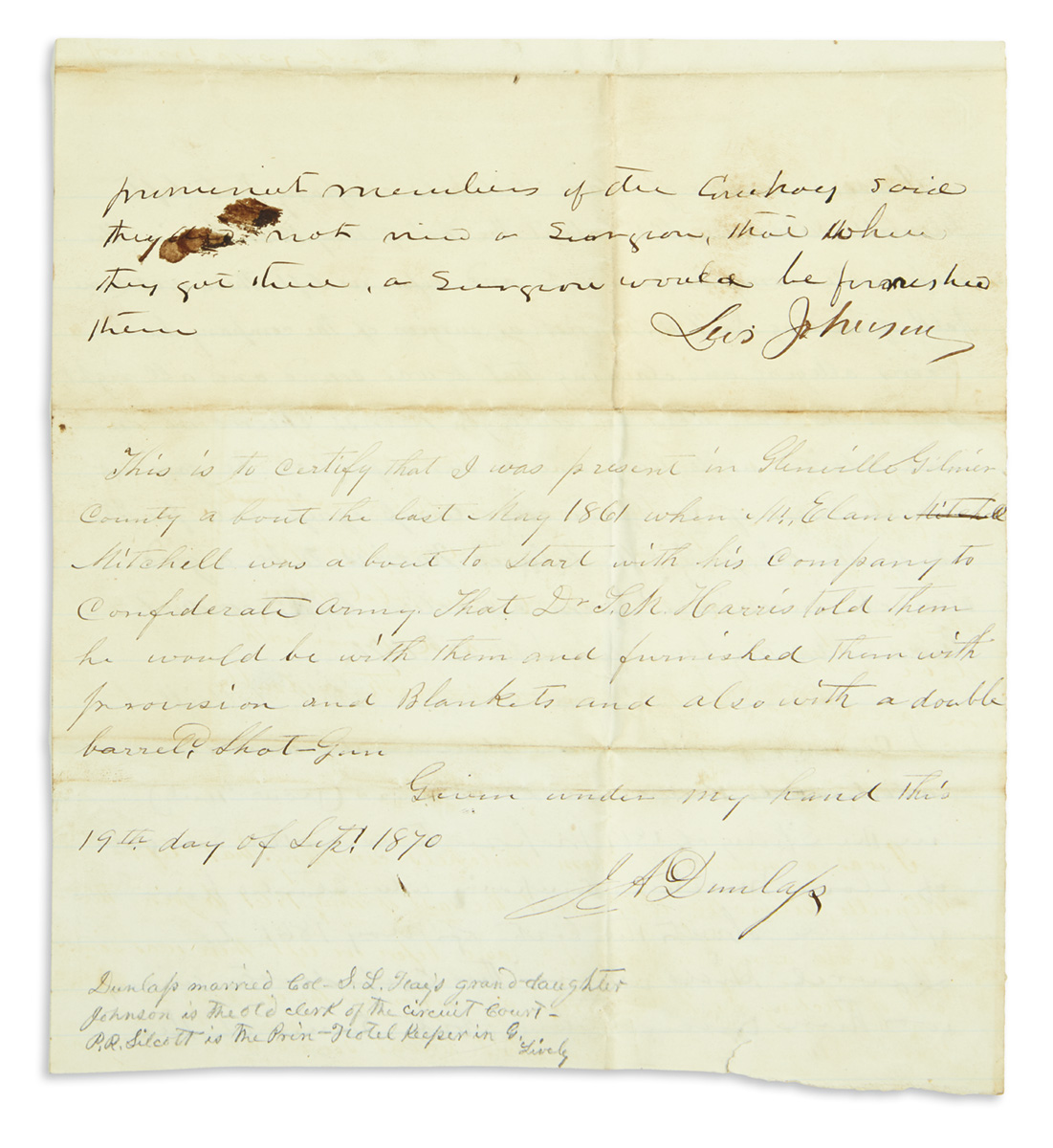Sale 2533 - Lot 106
Price Realized: $ 219
?Final Price Realized includes Buyer’s Premium added to Hammer Price
Estimate: $ 300 - $ 400


Aliquam vulputate ornare congue. Vestibulum maximus, libero in placerat faucibus, risus nisl molestie massa, ut maximus metus lectus vel lorem.